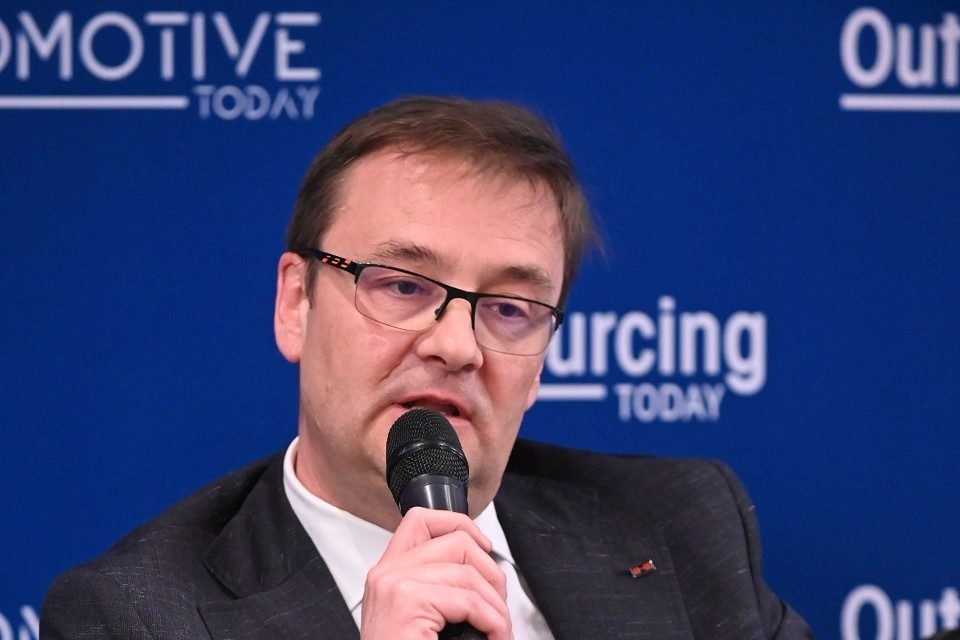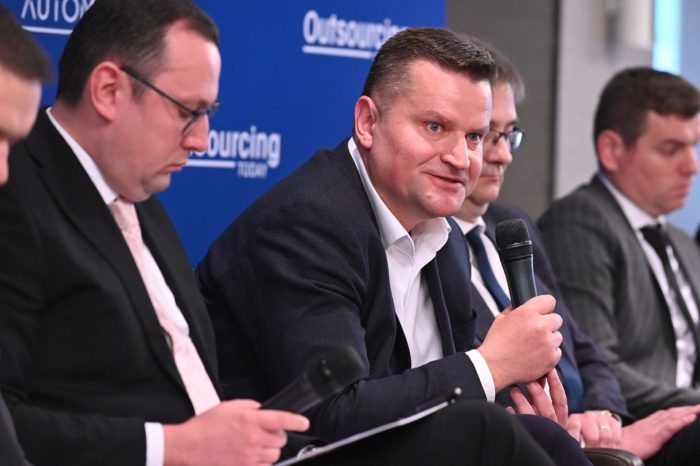Cristian Athanasovici, Kawasaki Gas Turbine Europe: “We believe that hydrogen can be a fuel of the future, but after 2030-2033”

“We are manufacturers of energy equipment, and we make in-house the three cogeneration technologies, namely steam turbines, gas turbines and internal combustion engines. In Europe, Kawasaki Gas Turbine is responsible for gas turbines and internal combustion engines and all cogeneration projects. Thermal energy does not only mean heating, but thermal energy also means steam in industrial processes, it also means burnt gases in industrial processes and chilled water, but also CO2 in the food industry. From this point of view, a correct approach is to judge the types of consumers to see the optimal energy mix solution related to each type of consumers,” Cristian Athanasovici, Business Development Manager, Kawasaki Gas Turbine Europe said during Energy Efficiency for Sustainable Business Conference organized by The Diplomat-Bucharest.
“What does energy mix mean? It means, for example, how to best combine the renewable part with the natural gas cogeneration solution. We know very well the issue of natural gas, availability, CO2, and price.
But at the same time, we have to think that, at least for the next 10 years, natural gas is a transition fuel. And then, if we look at the industrial sector – big consumer of steam and electricity at the same time – for the same consumer, an optimal energy mix solution must be implemented. This is where natural gas or hydrogen cogeneration comes in.
Through its range of equipment and solutions, Kawasaki generally addresses industry and electricity consumption needs somewhere between low and medium power. We play between 1.5 and 50 megawatts of electricity, installed power. There is room in the Romanian market for all equipment manufacturers. The problem is of optimal solution that must be thought.
Kawasaki has been studying since 2012 the use of hydrogen as a fuel for energy production, and in 2018 it commissioned the first 100% hydrogen regeneration plant. We have the experience, capability, know-how and technology to use hydrogen, not for production. If we get to production, we have to keep in mind that green hydrogen it relies on water, and today water is an exhaustible resource. So, we have to think very carefully about how much hydrogen we intend to produce and where we use it.
Kawasaki is ready. We already have a contract with RWE in Germany for a 34 MW electric plant, which will come into operation in 2025, to produce 100% hydrogen electricity. We believe that hydrogen can be a fuel of the future, but after 2030-2033.
I think we should leave the problem of hydrogen and its production primarily to the chemical industry, because in the chemical industry, hydrogen is a second product that can be used in different forms, including as fuel. I think we should focus investments from the chemical industry in efficient technologies where we can also have hydrogen as a secondary product and capitalize on it later.”
Full recording of the conference: https://www.youtube.com/watch?v=eQNzpukqtgQ&t=6951s














